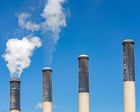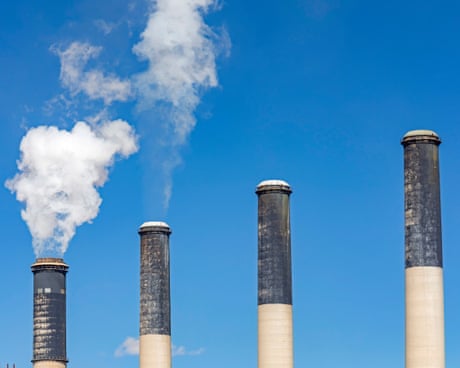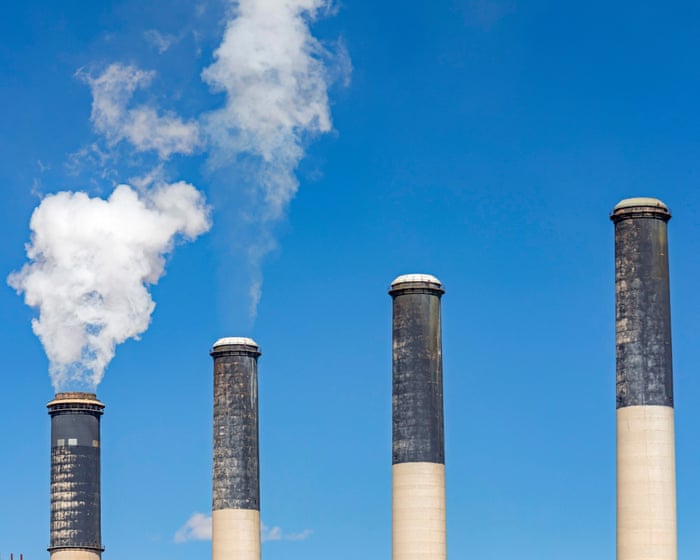Electric cars go mainstream as adoption surges across rich and developing nations
A wave of affordable Chinese-made EVs is accelerating the shift away from petrol cars, challenging long‑held assumptions about how transport decarbonisation unfolds
• Don’t get Down to Earth delivered to your inbox? Sign up here
Last year, almost every new car sold in Norway, the nature-loving country flush with oil wealth, was fully electric. In prosperous Denmark, which was all-in on petrol and diesel cars until just before Covid, sales of battery electric vehicles (BEVs) reached a share of 68%. In California, the share of zero-emissions vehicles hit 20%. And at least every third new car now bought by the Dutch, Finns, Belgians and Swedes burns no fuel.
These figures, which would have felt fanciful just five years ago, show the rich world leading the shift away from cars that pump out toxic gas and planet-heating pollutants. But a more startling trend is that electric car sales are also racing ahead in many developing countries. While China is known for its embrace of electric vehicles (EVs), demand has also soared in emerging markets from South America to south-east Asia. BEV sales in Turkey have caught up with the EU’s, data published this week shows.
The UK government didn’t want you to see this report on ecosystem collapse. I’m not surprised
The 16-month battle to reveal the truth about Sydney Water’s poo balls
Powering up: how Ethiopia is becoming an unlikely leader in the electric vehicle revolution
‘My Tesla has become ordinary’: Turkey catches up with EU in electric car sales
Continue reading...
© Photograph: Americo Roberto/EPA
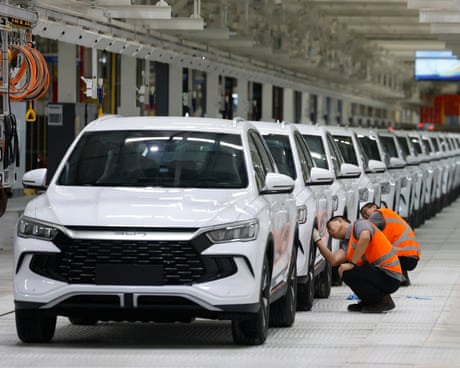
© Photograph: Americo Roberto/EPA
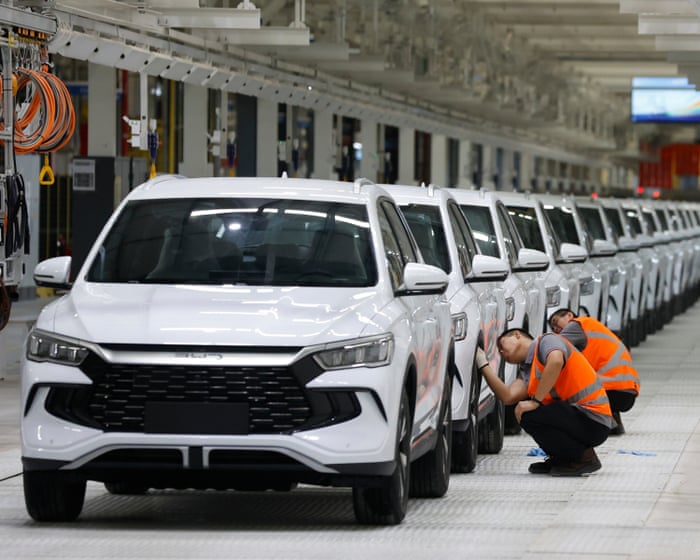
© Photograph: Americo Roberto/EPA
